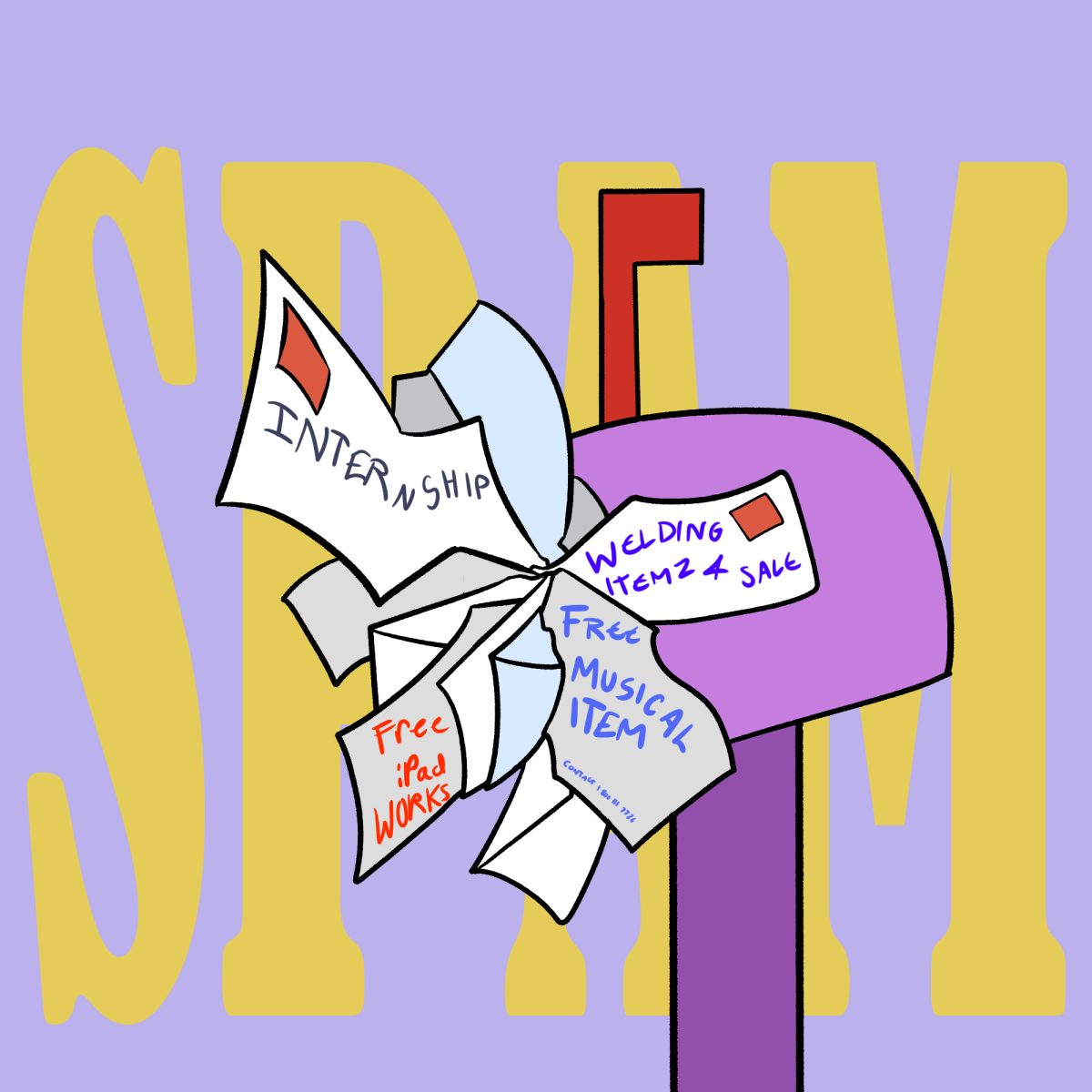Reading days this year extend from next Monday to next Tuesday this year. These days give students a chance to prepare for finals without the interruption of classes.
According to the Student Handbook, no assignments can be due and no exams can be given on these days or the two class days that precede reading days.
“Since reading days are for the purpose of providing students with study time prior to final examinations, no classes are held, no graded assignments or projects are due, and no examinations are given on those days,” the handbook reads. “Major papers or examinations are defined as papers or examinations that count for more than 10 percent of the total course grade. Laboratory quizzes and performance examinations are excepted from this stipulation.”
However, exceptions may be granted by Michael Soto, associate vice president for Academic Affairs.
“There have been rare instances where, for a variety of reasons, a professor has to be allowed to have work worth more than 10 percent of the final grade due during the last two class days of the semester,” Soto said. “In those cases, I would be the person to review the request and grant the exception if granting the exception is in the best interest of the students in the class.”
According to Soto, these exceptional circumstances are pretty common.
“There have been cases that happen virtually every semester,” Soto said. “Usually it’s something analogous to the automatic exception for lab quizzes and performance requirements, and so oftentimes an oral and visual communications Pathways course, for example, will require students to deliver a major presentation at the end of the semester.”
Sophomore Kali Wilson said that the academic policies surrounding reading days have made her life more stressful because assignments are accumulating just before Thursday and Friday, where work cannot be assigned.
“Reading days are awesome, but this whole ‘don’t assign anything worth more than 10 percent’ rule has made the last two weeks, last three weeks even, very stressful,” Wilson said. “I’ve had days where I’ve had multiple papers, multiple presentations, multiple exams on one day, and it’s a lot all at once. … Having it all due this last week or the week right before is not helpful.”
However, Soto felt that the benefits the policy provides outweigh the possibility of assignment accumulation.
“Very often, term papers will be due during the final exam period, which is perfectly allowable within the university policies, but that doesn’t mitigate against a case where an individual student has a large number of assignments and exams due at the same time, and so there’s no way for a policy to completely rule out a scenario in which a student has multiple papers due at the same time as an exam,” Soto said. “What the policy does allow for is a chance for students to have enough time to gear up for finals.”
Gina Pieters, assistant professor of economics, addressed students’ concerns, explaining her understanding of both the benefits and disadvantages of reading days.
“I think all [the concerns] are important, and they all are relevant points because I think that, on one hand, students will delay [doing assignments], and on the other hand the structure of the calendar means that all of the courses are going to have a big assignment due on the last day,” Pieters said. “They’ll all have a final assessment that happens that tends to be a lot of the students’ grades.”
According to Pieters, better placement of due dates may help relieve students’ workloads.
“I think a possible policy change is to say if it’s a regular assignment it must be due on the final exam day, and if it’s two major assignments then one due before reading days and one after reading days is fine,” Pieters said.
Aaron Delwiche, professor of communication, understands why readings days can be stressful for students.
“I talked to advisees who were super stressed out because they had so many things landing on a Wednesday, and I totally understand that,” Delwiche said. “Ideally, professors could construct the syllabus so that there’s sort of a steady flow of work and then something during finals week. But it’s always easy to say that in the abstract, so I wouldn’t judge any professors.”
Since Delwiche understands the difficulty of planning around reading days and students’ busy schedules, he’s adopted a helpful way of alleviating students’ stress.
“I always have something due during finals week, or during the finals period. So in two of my classes this semester, students have final projects, and we’re all meeting and they’re delivering their projects and we’re eating breakfast tacos,” Delwiche said. “And so, I like that because it doesn’t try to concentrate all of the work in the school year itself — it pushes it into the final exam period.”
Despite some issues, Delwiche said that the reading days policy helps protect students from being overwhelmed by assignments during finals week.
“I think that, you know, it’s always going to be impossible to have a perfect system, but the thing I like about this system is that it’s putting more space between deadlines and the end of the semester, which gives students more of a chance to catch their breath,” Delwiche said.








